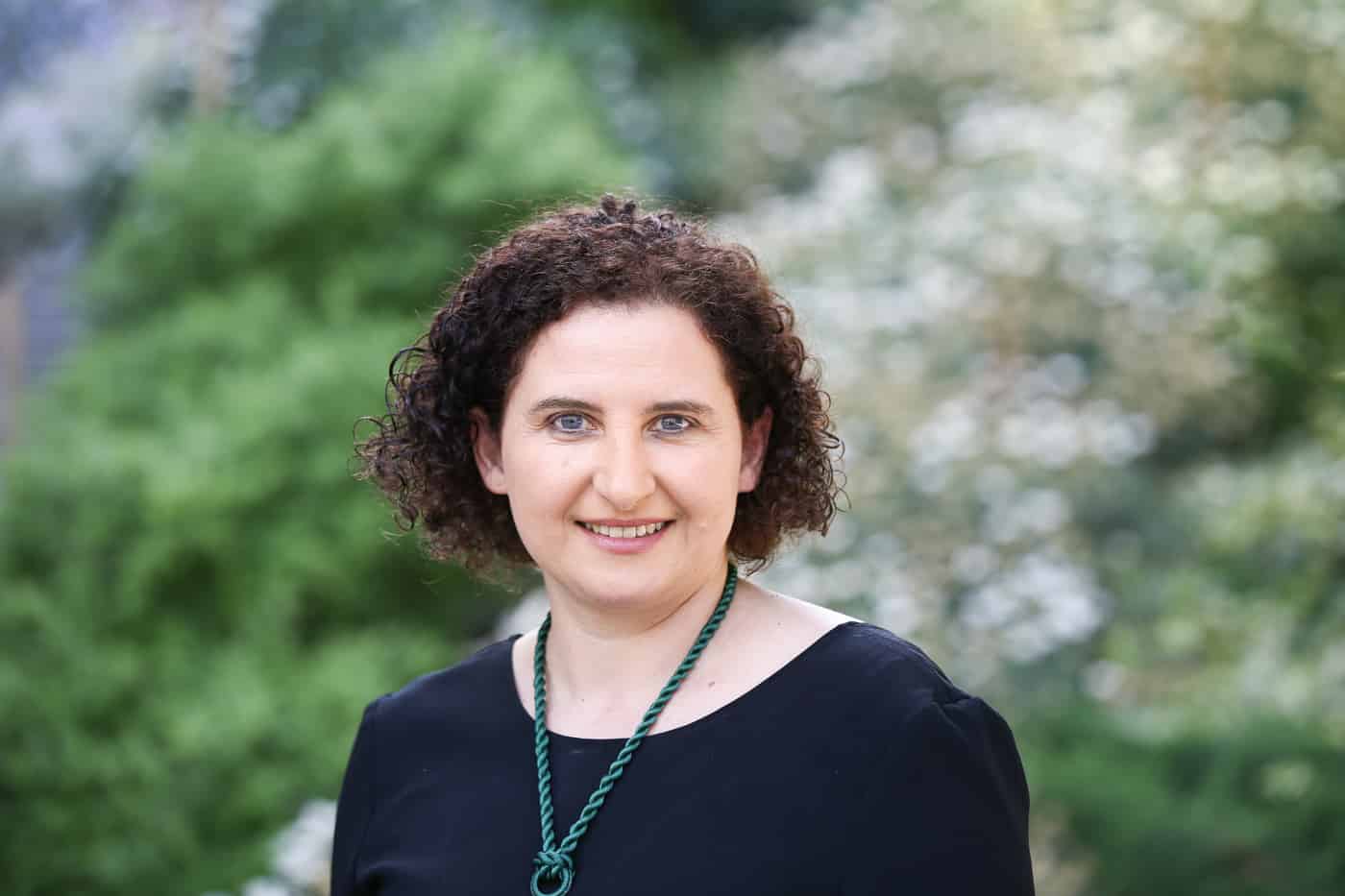Societe Generale has a long history in sustainable financing, starting off by backing wind farms in its home country of France 20 years ago, later expanding to green energy projects across Europe and around the world. That early experience in wind energy projects spearheaded Societe Generale’s growth in the energy field, initiated the hiring of energy transition specialists, and helped develop a knowledge base across various sectors and regions of the globe.

“Sustainability is in our DNA,” says Hacina Py, who was recently appointed as Societe Generale’s Chief Sustainability Officer. They have been committed as a Group for a long time as they were one of the first banks to join the United Nations Environment Program Finance Initiative (UNEP FI), a global effort to develop and promote sustainable finance. They are also a founding member of the UNEP Positive Impact Finance Initiative. “We were pioneers with this concept of positive impact finance,” says Py. “Analysing the positive impacts on one of the pillars of development and making sure the negative impacts are controlled or mitigated. This was already in the spirit of the EU Taxonomy to ‘do not significant harm’ (DNSH).” For instance, they worked on a massive program to bring clean drinking water to 30% of the population of Abidjan, this provides a strong positive outcome. “But we carefully assessed the negative impacts on biodiversity of taking so much water from the river” says Py.
Societe Generale is one of the oldest and largest banks in France, founded in 1864. Today, it’s a world leader in innovative, sustainable financing. The Group has put sustainability at the heart of its strategy and purpose.
Societe Generale recently won seven categories in Global Finance’s 2021 Sustainable Finance Awards, including the Global Award for Outstanding Leadership in Sustainable Finance and Outstanding Sustainable Financing in Emerging Markets.
But, for Py, it’s not about winning awards. “Sustainable finance is not just a nice-to-have. It’s not the business of a few specialists. It is everybody’s business.”

As addressing climate challenges is at the heart of every stakeholder’s agenda around COP 26, banks must take a leading role. While decarbonization and energy conservation continue to be the key areas of focus – “The best energy is the energy that you don’t use,” says Py – addressing climate change must go beyond just switching to green energy and decreasing portfolio exposures to fossil fuels.
For Py, this goes beyond focusing on limited scope of green energy labels. “We must accompany the entire economy that needs to transform and transition,” she says. “At Societe Generale we want to create value for our clients by understanding their specific environmental and social issues and proposing solutions across their sectorial values chains. We need to rethink with heavy emitters the entire industrial cycle to address not only the energy consumption and carbon footprint but also the circular sourcing and disposal of materials.”
“We all have the ultimate target that is achieving Net Zero by 2050, but several trajectories are possible for industrials and we must support our clients with innovative solutions while they try to find the right path. This is what makes the journey so interesting,” adds Py.
If we take the automotive and mobility sector as an example, the entire industry needs to transform into a circular ecosystem as a low carbon electromobility value chain. This involves capital expenditures to produce electric vehicles and requires investments in charging infrastructure. Manufacturers need price stability and sustainable sourcing of materials for batteries, and then all metals must be recycled and reused in the chain. “Such a cross-sectorial value chain cannot be mastered by one company alone. All actors need to be put together in the right way so they can co-create the solutions. We have the contacts and the track record to work in each part of the chain,” says Py.
Solving sustainability issues requires “new business models, new ways of financing” says Py. Microgrid energy solutions, for example, require a very different financial approach from traditional, large-scale energy generation projects.
Focusing on the impact of projects is the way forward, to maximise the different impacts and reduce the overall cost to impact. RFPs focusing on the final impacts would be more efficient that classical RFPs for mega infrastructure assets as it would open the door to new solutions and potentially more impacts for a given budget. That is why Societe Generale wants to go beyond green and sustainable finance and develop “impact-based finance” solutions where they focus on impact and work backwards to find the most adapted bankable solutions.
“We are accelerating and reinventing our business to align with the changing needs of our clients and to support their transformation towards a sustainable future. The goal is that at some point, nobody will talk about sustainable finance,” says Py. “It’s just finance.”
Societe Generale has the experience, expertise, and global reach to help lead us there.
Sponsored By:

